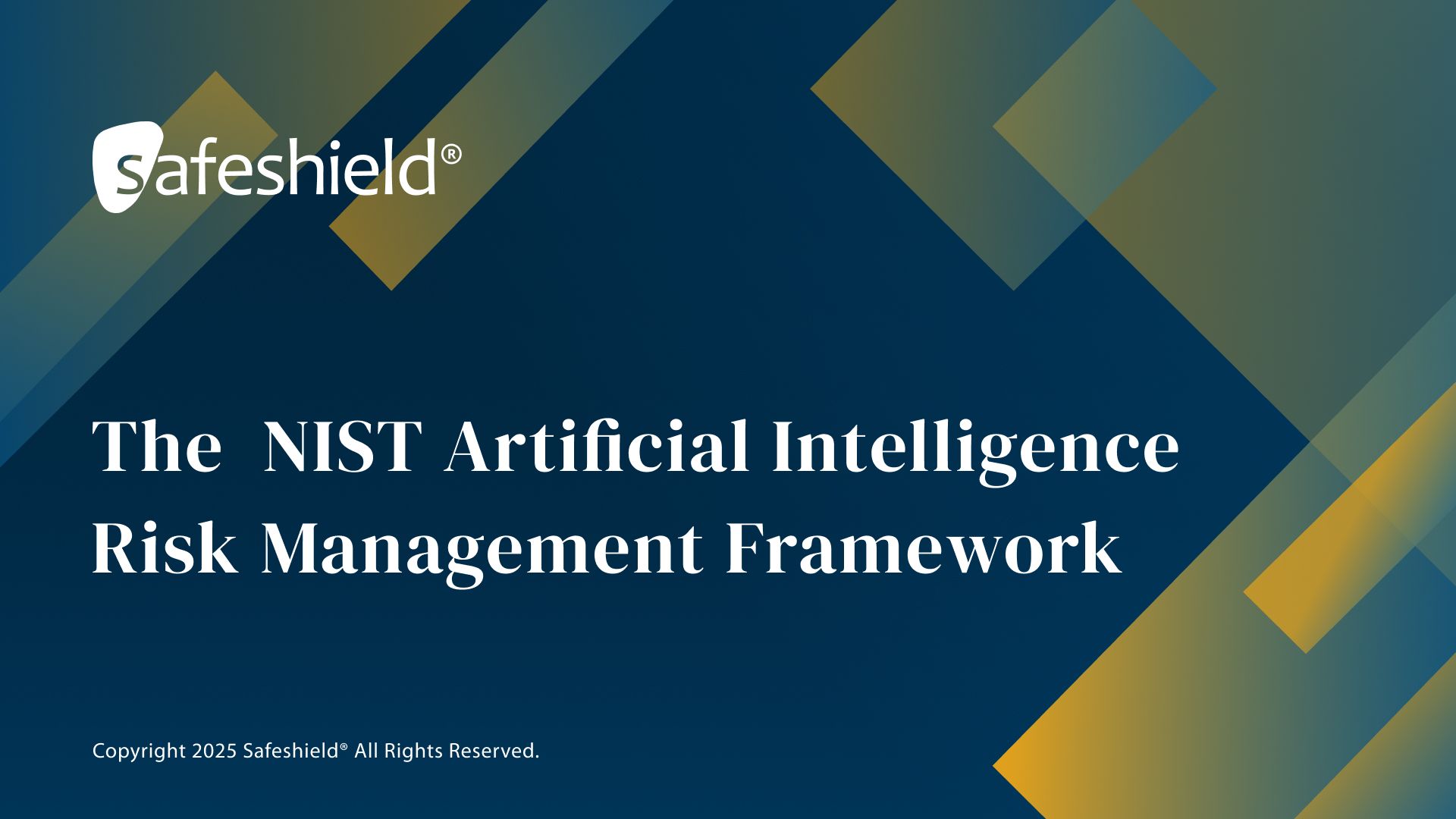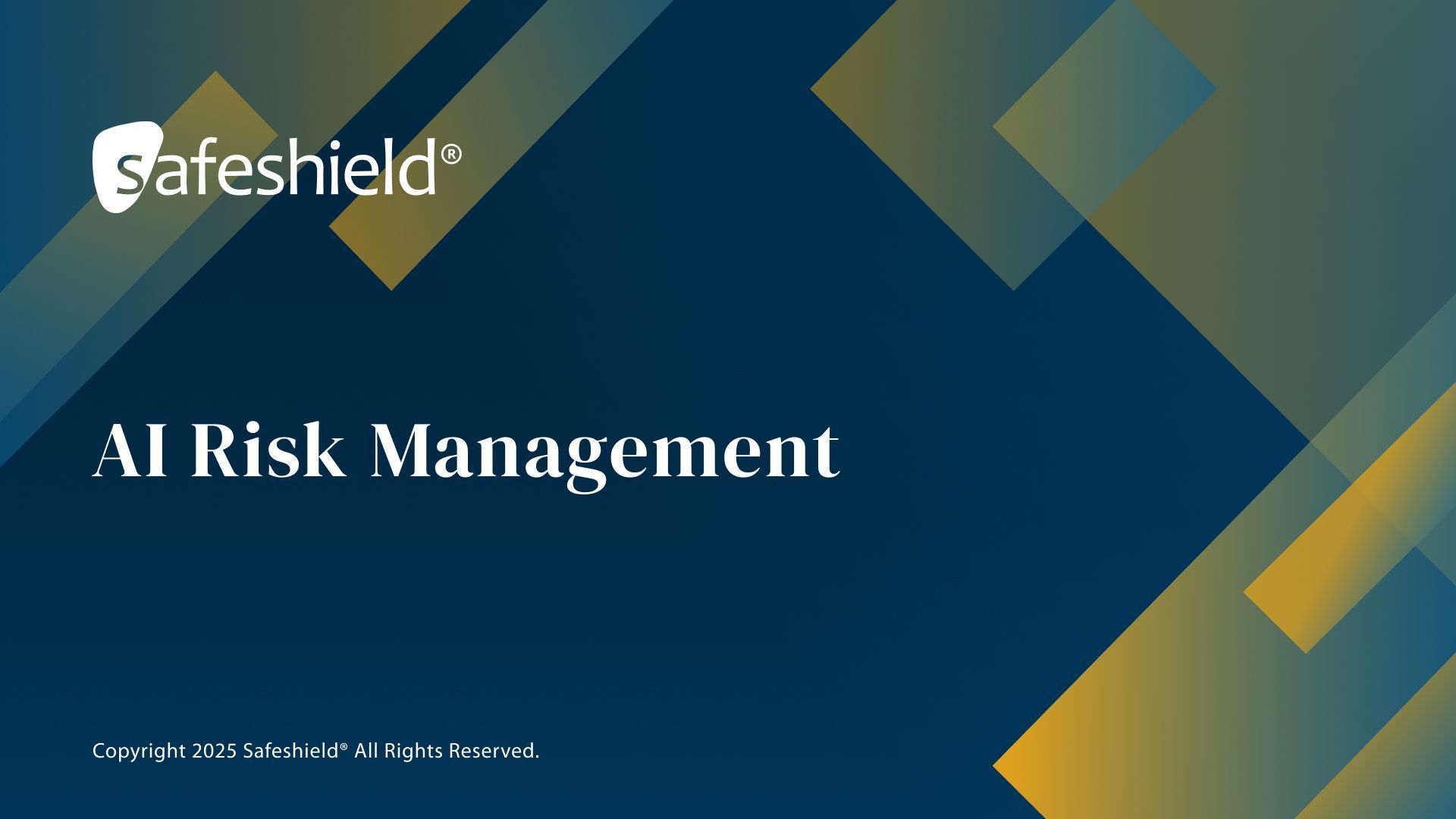Artificial Intelligence Implementers and Their Role in Business
January 20, 2025
Artificial Intelligence (AI) has become a transformative force across many industries. From automating routine tasks to driving complex decision-making, AI is reshaping how businesses operate. At the heart of this revolution are AI Implementers—professionals responsible for integrating AI solutions into organizational processes. They play a vital role in ensuring businesses are able to use AI effectively, delivering maximum value while mitigating risks.
In this blog post we’ll be taking a closer look at the key things that define what it means to be an AI Implementer in today’s world.
Understanding Business Processes
To be effective, AI Implementers must have a solid grasp of business processes and workflows. This involves understanding how different departments operate, their pain points, and the objectives they aim to achieve. A deep knowledge of business functions—such as finance, supply chain, marketing, and customer service—enables implementers to identify areas where AI can drive improvement.
For example, in supply chain management, AI can optimize inventory levels, predict demand, and streamline logistics. In marketing, AI-powered tools can analyze customer data to deliver personalized experiences. By aligning AI solutions with business goals, implementers ensure that the technology delivers measurable outcomes.
This understanding also extends to industry-specific challenges. Whether in healthcare, retail, or manufacturing, each sector has unique requirements that an AI Implementer must consider when deploying solutions.
Data Management and Analysis
AI thrives on data. Therefore, proficiency in data management and analysis is a cornerstone skill for AI Implementers. They need to work closely with data scientists, ensuring that the right data is collected, cleaned, and prepared for AI models.
Key areas of focus include:
Data Quality and Governance:
Ensuring that data is accurate, complete, and compliant with regulations like GDPR (EU) or CCPA (NA).
Data Integration:
Combining data from multiple sources to create a unified dataset for AI applications.
Exploratory Data Analysis (EDA):
Identifying patterns, trends, and anomalies that can inform AI strategies.
AI Implementers should also be familiar with structured query language (SQL) for querying databases and platforms like Tableau or Power BI for visualizing insights. These skills and tools enable them to bridge the gap between raw data and actionable intelligence.
Machine Learning Fundamentals
While AI Implementers may not need to build complex models from scratch, it’s important they have a solid understanding of machine learning (ML) fundamentals. They should grasp the core concepts of supervised and unsupervised learning, as well as techniques like regression, classification, clustering, and neural networks.
This knowledge helps implementers collaborate effectively with data scientists and ML engineers. It also enables them to evaluate the feasibility of different models, interpret results, and explain AI-driven insights to stakeholders in non-technical terms.
As an example, understanding how recommendation systems work can help an AI Implementer deploy solutions that enhance customer experiences in e-commerce platforms. Similarly, familiarity with natural language processing (NLP) enables the implementation of AI chatbots and sentiment analysis tools.
Technical Proficiency in AI Tools and Platforms
AI Implementers must be adept at using a variety of AI tools and platforms. These technologies form the backbone of AI deployment, providing the infrastructure and frameworks needed to build and scale solutions.
Some of the most widely used tools include:
TensorFlow and PyTorch: Popular frameworks for developing machine learning models.
Azure Machine Learning, AWS SageMaker, and Google AI Platform: Cloud-based services that facilitate AI model training, deployment, and monitoring.
Robotic Process Automation (RPA) Tools: Such as UiPath and Automation Anywhere, which are used to automate repetitive tasks.
Proficiency in these platforms ensures that AI Implementers can efficiently deploy and manage AI solutions, adapting them to the specific needs of their organization.
Change Management and Communication Skills
The successful implementation of AI is as much about people as it is about technology. AI Implementers must excel in change management, guiding organizations through the cultural and operational shifts that AI adoption entails.
Key to this is effective communication. AI Implementers need to:
Educate stakeholders on the benefits and limitations of AI.
Address concerns about job displacement or data privacy.
Foster collaboration between technical teams and business units.
By building trust and fostering a culture of innovation, AI Implementers can ensure that AI initiatives gain the buy-in needed for long-term success.
Ethics and Responsible AI
AI is not without its ethical concerns and as AI continues to evolve, so do concerns about its ethical implications. AI Implementers play a vital role in ensuring that AI is used responsibly, aligning with principles of fairness, transparency, and accountability.
This involves:
Bias Mitigation:
Identifying and addressing biases in data and algorithms to prevent discriminatory outcomes.
Transparency:
Ensuring that AI models and their decision-making processes are explainable to all stakeholders.
Compliance:
Adhering to legal and regulatory frameworks governing AI use, such as those addressing data protection and algorithmic accountability.
By prioritizing these aspects, AI Implementers help organizations navigate the ethical concerns surrounding AI and build solutions that are both effective and trustworthy.
Certifications
Certifications are a great way for AI Implementers to validate their skills and stay updated on the latest advancements. Some of the most recognized certifications include:
Microsoft Certified: Azure AI Engineer Associate:
Focused on deploying and managing AI solutions on Azure.
Google Professional Machine Learning Engineer:
Validates expertise in building ML models on Google Cloud.
Certified AI Practitioner (CAIP):
A vendor-neutral certification that covers the foundational concepts of AI implementation.
SafeShield’s 42001 Lead Implementor AIMS course: Designed to equip professionals with practical knowledge in deploying AI systems responsibly and effectively, this certification emphasizes real-world application, ethical AI practices, and maximizing business value from AI technologies.
These credentials demonstrate a commitment to professional growth and a strong foundation in AI technologies.
Final Thoughts
Becoming a successful AI Implementer requires a unique blend of technical expertise, business acumen, and interpersonal skills. Mastery of these areas will position you well and allow you to lead the charge in integrating AI into business processes, driving innovation, and in delivering tangible results. In a world where AI is becoming increasingly integral to business success, the role of AI Implementers is now more critical than ever. Getting ahead of the curve will cement your future in this new area of business.
Subscribe to our YouTube channel @SafeshieldTraining
to explore free courses on AI governance, risk management, and compliance. It is an excellent way to learn the foundations of responsible AI and understand key principles such as accountability, traceability, explainability, non-discrimination, privacy, and security. It is also a great opportunity to deepen your knowledge and stay informed about emerging frameworks and best practices shaping the future of trustworthy AI.
Share this article





